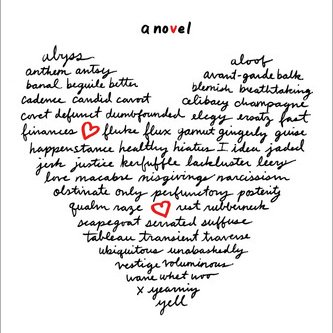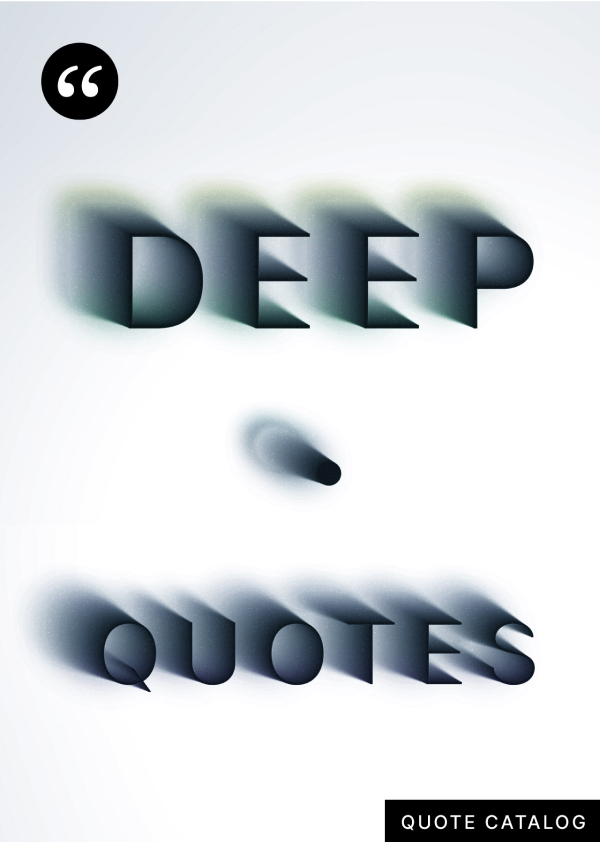2. So. Worldbuilding starts on page 1. The words you use, the things you point out, the rhythm of your words: They all harmonize to paint the background setting for your story. The book/genre should suggest the appropriate tone and voice. What does that mean?
3. Epic Fantasy: The chaka trees creaked in the gale-force winds, driving the black dragons into the crystalline caves where they growled warnings to their eggs. Urban Fantasy: Oily rain pattered the cracked asphalt and reflected the flickering neon of the late night pizza dive.
4. Each thing you choose to point out should be unique to your world and story. Each adjective is carefully chosen for voice and genre. These details don't always happen in the first draft. In the first draft, just get it on the page. Make it beautiful and specific later.
5. Mind you, the descriptive language we see on the page will depend on the POV you've chosen. You can get away with a lot more if it's in first person and voicey. But then, of course, you've got to watch out for pages of "I'm the kind of guy who" and "let me describe my life."
6. There is no formula for "the right amount" of descriptive language. It works or it doesn't. If you reread it and start skipping lines to get to character/dialogue, you need to cut stuff. If you read it and have trouble picturing the scene, you need to add stuff. Find balance.
7. Writing descriptively is a skill. Time on task. Consider all the senses, not just visual. What sounds, smells are there? What's the temperature? Can your character taste the petrichor or market spices? How does all this sensory input make them feel? Oppressed? Comforted?
8. One thing that helped me with descriptive language was joining a writing group where we did timed exercises. Had to quickly settle on a scene and get it on the page. I learned to give flavor immediately, using cultural shorthand and expressive vocabulary in small vignettes.
9. Another thing that helped was my use of playlists for story development, which you can read about here: http://www.whimsydark.com/blog/2016/5/17/how-and-why-to-make-a-book-playlist … The playlist keeps the flavor of the book on my tongue. It makes me see things, imagine a more lush background.
10. When writing 1st person description, consider what this person would notice that others wouldn't. How does their unique background and situation impact what would draw their attention? How would they describe something in a way no one else could? Which senses would dominate?
11. Descriptive language is all about flavor. Condense it down to syrup. For me: Wicked as They Come = sweet red wine, green vines, mist Servants of the Storm = oppressive ozone, rusty metal, swamp Wake of Vultures = dry desert, orange buttes, dun horses
12. When you're using descriptive language, you're not describing exactly what is seen. You're using a unique combination of visuals, adjectives, other senses, and character input to create a mood. No one cares how many chairs there are; we want to feel the splintered wood.”
Explore more quotes:
About the author
This page was created by our editorial team. Each page is manually curated, researched, collected, and issued by our staff writers. Quotes contained on this page have been double checked for their citations, their accuracy and the impact it will have on our readers.
Kelly Peacock is an accomplished poet and social media expert based in Brooklyn, New York. Kelly has a Bachelor's degree in creative writing from Farieligh Dickinson University and has contributed to many literary and cultural publications. Kelly assists on a wide variety of quote inputting and social media functions for Quote Catalog. Visit her personal website here.
Kendra Syrdal is a writer, editor, partner, and senior publisher for The Thought & Expression Company. Over the last few years she has been personally responsible for writing, editing, and producing over 30+ million pageviews on Thought Catalog.








